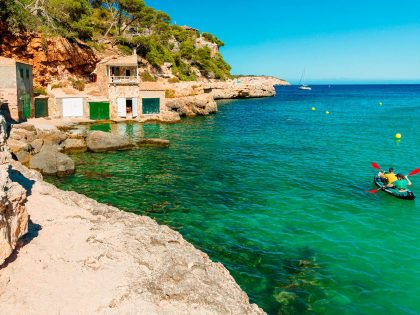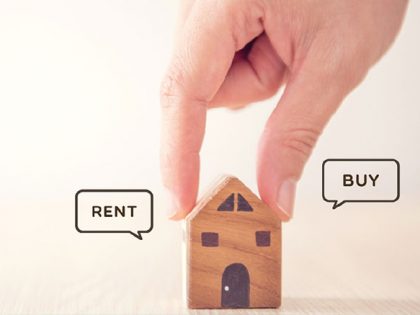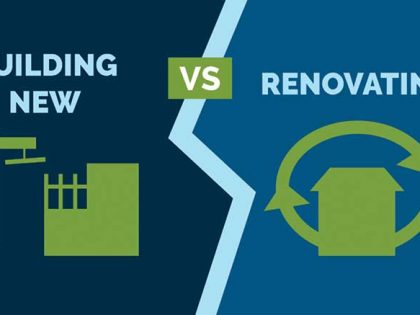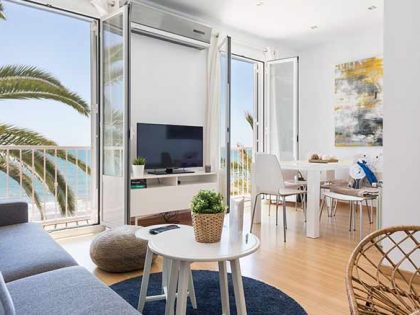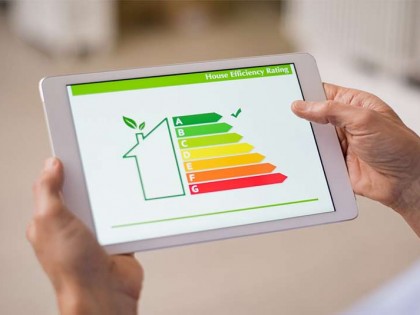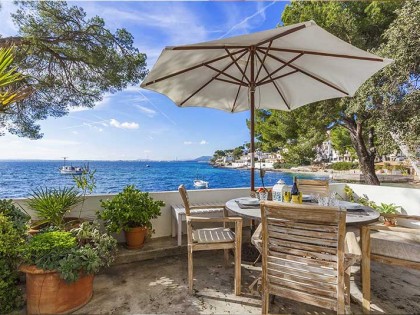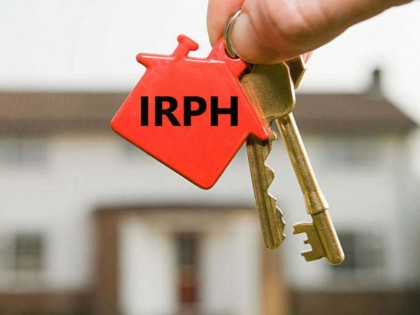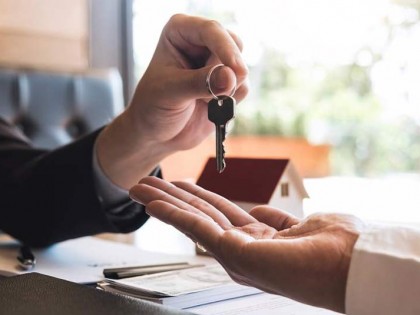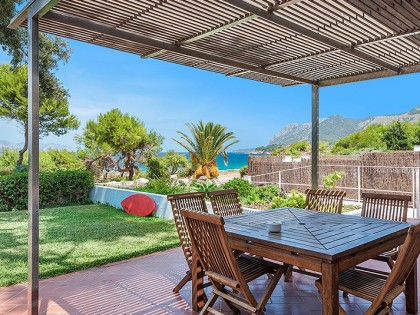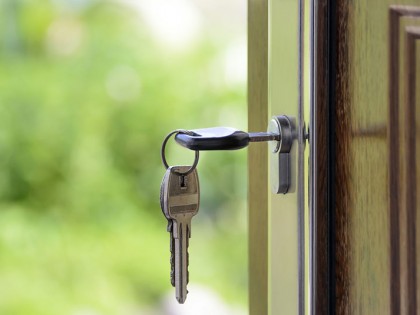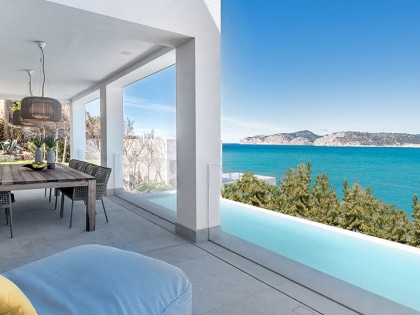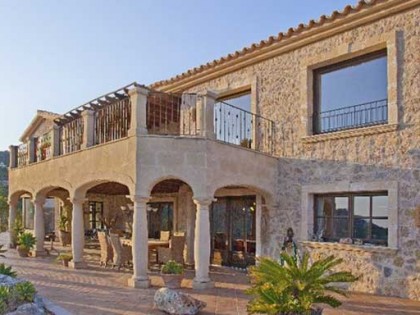In the past few years there has been a resurgence in new developments on the islands of Mallorca, Menorca and Ibiza, leading to a rise in the percentage of properties being bought and sold off-plan. After the economic crisis that started in 2007, confidence has been restored in these investments due to increased support from banks. Thanks to this renewed vigour, developments are selling off-plan within months before a single brick has even been laid at the construction site.
Buying a home in Mallorca, Menorca or Ibiza is one of the largest and most important decisions we make in our lives, and if buying off-plan, it’s important to take a few precautions to avoid any unwanted surprises.
Find out who the vendor is
Knowing who you are dealing with is vital. Good things to know about the vendor is whether they are the owner of the plot where the project will be built – this can be checked at the Spanish Property Registry either in person or online (at an additional charge of ten euros). If this is not possible, you can ask the local council about the authorisation of the development and whether it has obtained all the relevant permissions
Check the fine print
When revising the paperwork related to your purchase, make sure to take the time to read through and understand the document, looking out for abusive clauses that may permit the developer to make changes to the design without consulting the purchaser. Other abusive clauses could include obliging you to take out a mortgage (if necessary) with a specific entity or only deal with certain professionals.
Request any and all information you think necessary
Remember that in this situation you are essentially the consumer of a product and it is well within your right to request any and all information relating to the property. This includes fiscal information of the developer, plans of the project, quality specifications, prices and payment methods.
Protect your deposit
If you have to pay a deposit on the property, request a receipt detailing the date, the amount, the destined bank account and a guarantee that the funds will only be used in the process of finishing the project. Also make sure that the developer has an insurance policy or guarantor who can ensure the return of paid amounts in the case that the deal falls through.
Confirm the final price
Make sure that the final price you will be paying for the property is set in stone at the time of signing the contract. Keep in mind that since the 1st of January 2013, only 10% VAT is applied on the purchase of new properties. Always double check whether the marketed price includes this tax or not, as sometimes it is not included in the total figure.
Confirm payment methods and due dates
Sometimes payment plans are available on these purchases in a similar manner to repaying a mortgage. Make sure that the amounts due at the end of each month are finely detailed when taking on this arrangement. The most frequent form of payment is a 20% or 30% deposit upon signing the contract with the rest paid upon completion.
Another important factor is your rights as the purchaser should you decide to back out of the arrangement, or your rights should the developer not meet their responsibilities detailed in the contract.
Understand and design your future home
Many developers other the possibility to customise the final design of the property once the deposit has been paid. These can be small features such as finishes and surfaces all the way to the actual layout or fixtures and fittings. The possibilities vary depending on the development, but usually there is always some room to personalise your future home.
It’s also worth understanding the properties orientation to the sun and how many hours of sunlight it receives a day, as this can be a big factor in not only energy efficiency, but your future quality of life.
Revise the property before signing off the purchase
Once the property has been completed do not sign the purchase contract immediately as it is your right to visit the property and confirm for yourself that the project has been completed according to the specifications made available to you. You also have the right to have a draft of the final contract to revise for a maximum of 72 hours before a signature is required.
License of First Occupation and guarantee
Lastly, make sure that the property has received it’s license of First Occupation from the local council. Without it you’re not legally permitted to live in the property. Also make sure that there is a guarantee provided by the developer ensuring that the building integrity and quality of the interiors are to last for a fixed period of time, usually ten years. By following these tips you’ll be protecting yourself from a variety of pitfalls which even the most experienced purchasers can sometimes fall for.
If you require any assistance or legal counsel concerning properties, purchases and sales on the islands of Mallorca, Menorca and Ibiza, please contact us at your convenience at info@mallorcasolicitors.com or by phone on the numbers listed on our contact page.










